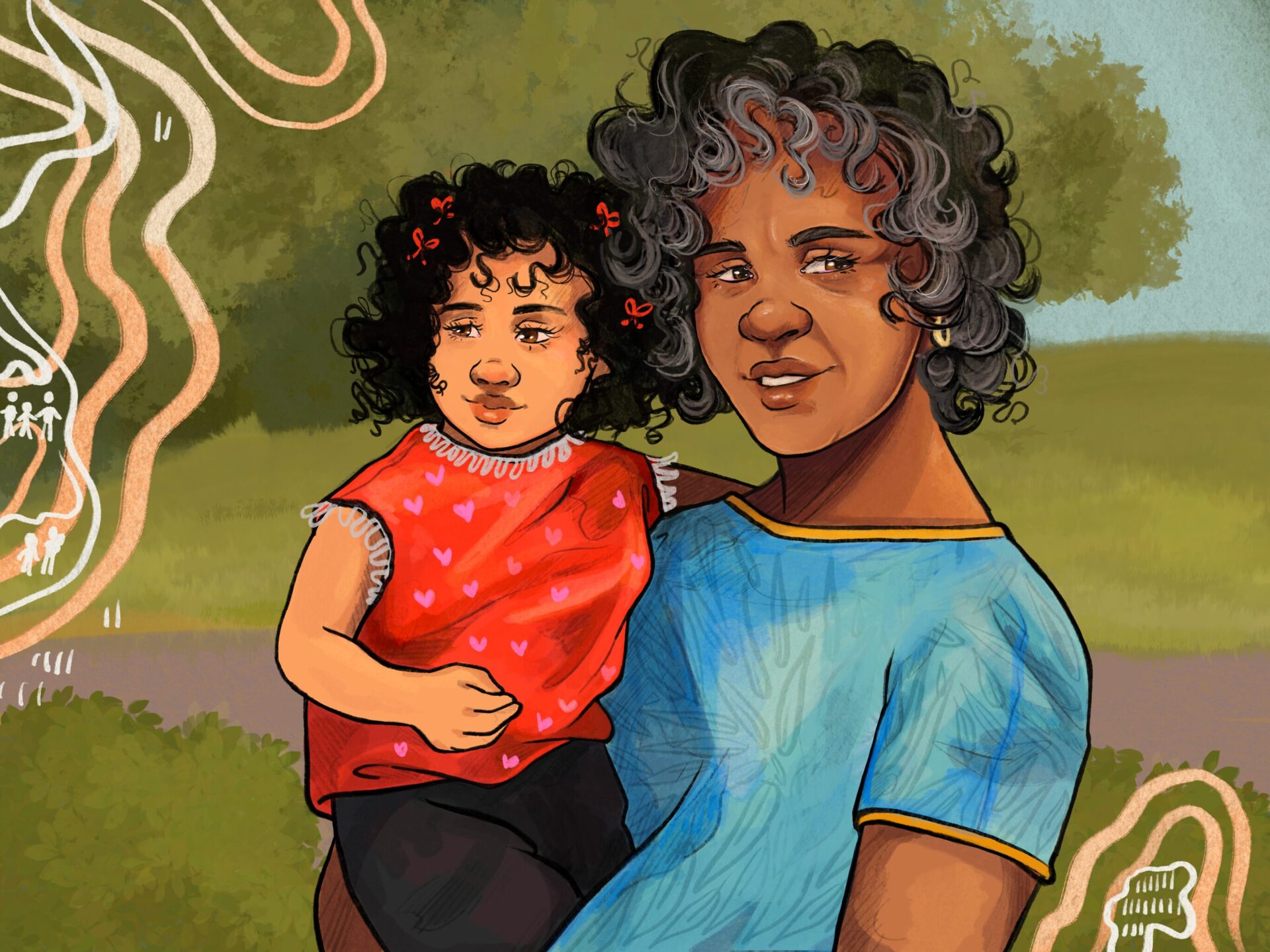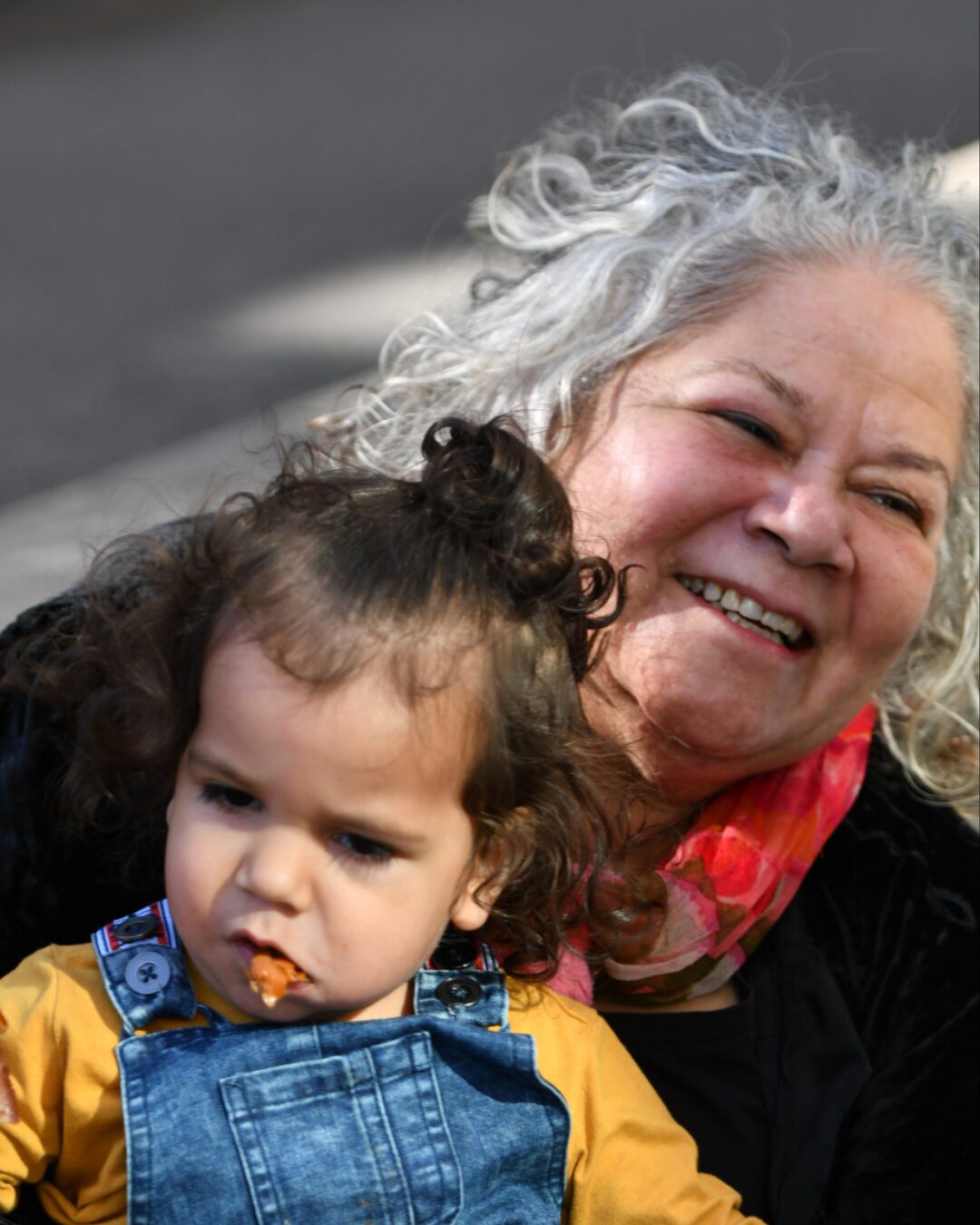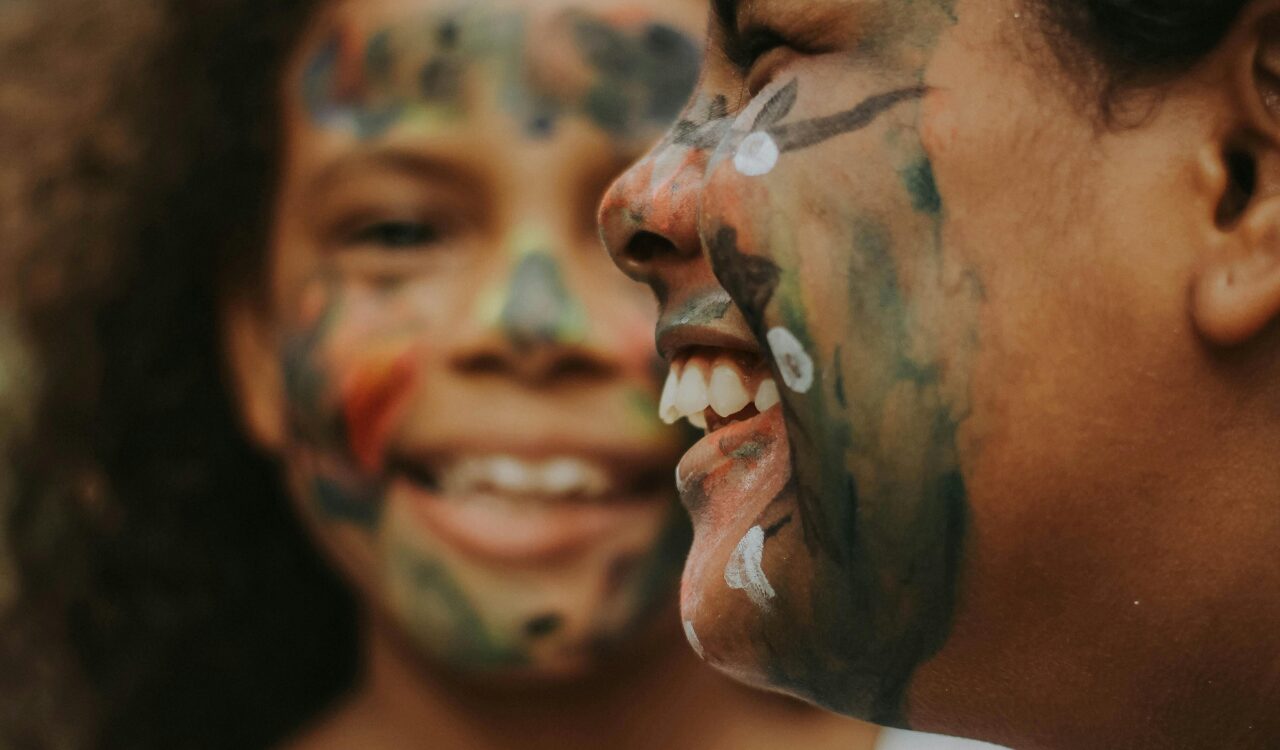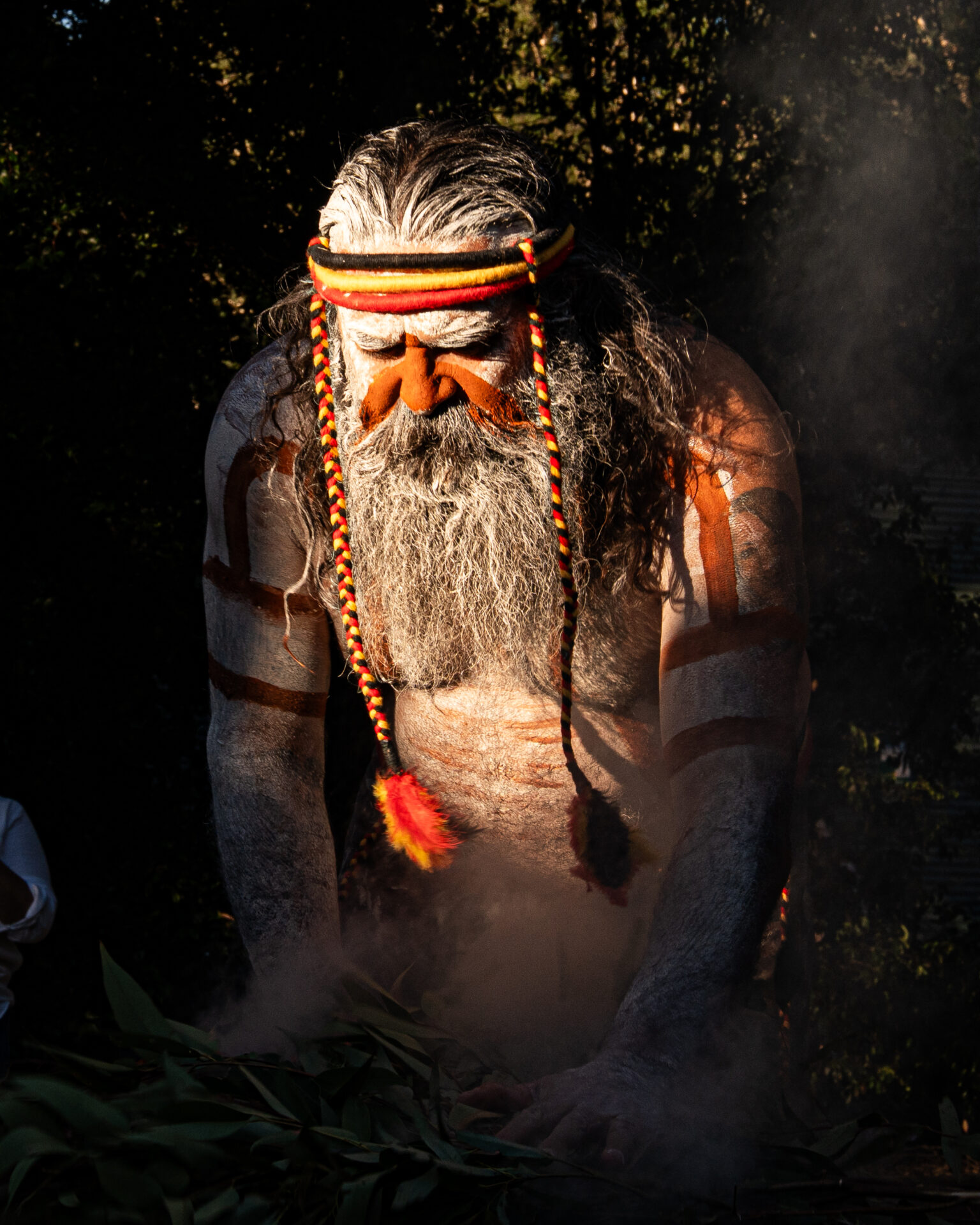New South Wales
Family Preservation funding target raised
The New South Wales Government announced a $900 million investment over five years for the Family Preservation program. Of this investment, the Department of Communities and Justice (DCJ) has set a target of 40 percent of the funding being allocated to ACCOs—who are the providers best placed to support Aboriginal and Torres Strait Islander children and families with culturally sensitive services that allow them to stay safely together.
This is up from 30 percent; and DCJ stated the revised target comes in response to sustained advocacy from AbSec and the ACCO sector, which has called on DCJ to support sector growth.
If achieved, this target will see $69.6 million per year provided to ACCOs from the outset of new contracts in 2026, supporting new and expanding ACCOs to grow.
DCJ expect progress towards the 40 percent target to be driven by commissioning the new, ACCO-only Aboriginal Family Preservation framework.
Investment will be distributed to ACCOs across districts, based on the extent to which Aboriginal and Torres Strait Islander children and young people in those districts are in contact with the child protection and OOHC systems.
Source: DCJ.
Legal support extended for people with cognitive impairments
The NSW Government is investing $14 million to strengthen support for people with cognitive impairments involved with the justice system. The Government is extending funding for the Justice Advocacy Service (JAS) which equips people with cognitive impairments with knowledge about their rights and responsibilities when interacting with police, legal representatives and the courts.
JAS also provides a voluntary diversion service that supports eligible defendants to provide evidence of their impairment, apply for a diversion order, and access the National Disability Insurance Scheme (NDIS) and other support services.
The service is available statewide, including in remote areas, and has supported more than 9,000 people since 2019. This funding will see the service extended until 30 June 2027.
Source: DCJ.
Domestic and family violence services expanded statewide
As part of last year’s domestic and family violence Emergency Package, the Minns Government invested $25.9 million over four years to expand the Staying Home Leaving Violence program across all 128 Local Government Areas (LGAs) in New South Wales.
The program supports women and children escaping an abusive relationship to stay safely in their own homes. Local police make sure the perpetrator is removed from the home, while victim-survivors receive assistance with safety planning, financial planning, navigating complex legal processes, and security upgrades at properties where required.
The program supported 6,500 victim-survivors of domestic and family violence from 1 July 2023 to 30 June 2024, including 1,293 children. A 2022 evaluation found the program contributed to long-term safety and housing stability of women and families.
Source: DCJ.
Review of doli incapax
The New South Wales Government have launched a review into the operation of doli incapax in the state. Doli incapax is a legal presumption that children between the ages of 10 and 14 do not sufficiently understand the difference between right and wrong to be held criminally responsible.
The review follows a NSW Bureau of Crime Statistics and Research (BOCSAR) report released in May, which found that the number of children aged 10 to 13 found guilty of a criminal offence declined significantly following a 2016 High Court decision that requires prosecutors to prove beyond reasonable doubt that the child knew their actions were ‘seriously wrong’. This decline did not occur in states where doli incapax is codified in legislation such as Queensland and Western Australia.
The review is concerning in the context of escalating rates of detention of young Aboriginal and Torres Strait Islander people—with most on remand for offences that are unlikely to have custodial sentences due to tightened bail laws.
Source: DCJ.
Audit Office report on CTG governance
The New South Wales Audit Office has released their report on the effectiveness of governance arrangements for the implementation of Closing the Gap (CTG) in New South Wales.
The report found governance arrangements are not operating effectively. Formal shared governance bodies have been established, but the governance structure does not provide clear accountability for the delivery of National Agreement initiatives, nor do these drive the behaviours necessary to achieve National Agreement outcomes.
The Audit Office concluded that the Premier’s Department and NSW Coalition of Aboriginal Peak Organisations have not formed a genuine partnership for CTG implementation.
The report made four key recommendations to improve accountability, partnership, planning, oversight and transparency.
Source: NSW Audit Office.
Commonwealth
Federal election
Anthony Albanese has been elected to a second term as Prime Minister of Australia, with Labor winning the federal election by a landslide.
The election has delivered the Federal Government the largest majority in the House of Representatives since John Howard in 1996. In the Senate, Labor is on track to hold 28 seats and the Greens 11, allowing the Government to pass legislation without the need to negotiate with the crossbench or Coalition.
While Albanese has ruled out using Labor’s new position to again pursue an Aboriginal and Torres Strait Islander Voice, it is hoped his second term will bring more ambitious action on closing the gap.
Other key appointments include:
- Jim Chalmers, Treasurer.
- Tanya Plibersek, Minister for Social Services.
- Mark Butler, Minister for Health, Ageing, Disability Services and the NDIS.
- Malarndirri McCarthy, Minister for Indigenous Australians.
- Jason Clare, Minister for Education, and
- Claire O’Neil, Minister for Housing.
Source: The Conversation.
National Children’s Commissioner calls for action
The National Children’s Commissioner Anne Hollands has called for the establishment of a Minister for Children in the Federal Cabinet. The Commissioner is also calling on governments to act on evidence from child protection reports, following damning media reports about drug abuse and sexual exploitation in residential care homes.
One story, published on 13 May, outlined repeated failures of the Queensland Government, police and Anglicare to respond to a mother’s pleas to move her daughter to a residential care home and away from the man who was grooming her with substances and sexually abusing her.
Commissioner Hollands said she supports an inquiry into the lack of accountability for the inaction on decades of evidence from reports and inquiries. The Commissioner also called for independent monitoring and oversight of how children in out-of-home care (OOHC) are being cared for.
The media also reported that the Victorian Government concludes that one in three children in their residential care homes are being sexually exploited. There were 20 substantiated reports of sexual abuse of children in residential care homes in New South Wales in the last financial year.
The number of Aboriginal and Torres Strait Islander children in residential care in New South Wales has doubled since 2020, with residential care accounting for 21 percent of the OOHC budget, but only 2 percent of placements. These placements are almost entirely provided by non-indigenous NGOs.
Source: ABC News.








